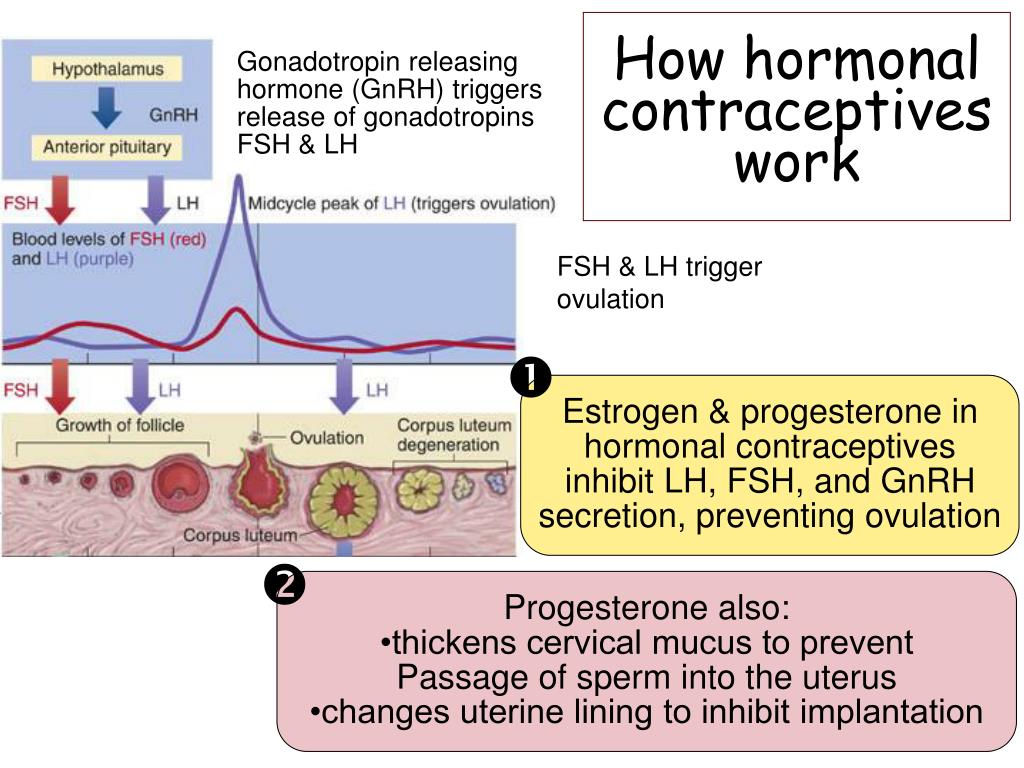
An analysis of pharmaceutical sales and medical perspectives on the reasons behind the rising trend.
Pharmacy statistics indicate a growing trend in Russia: more and more women are using hormonal contraceptives. From January to May, nearly 9 million packages were sold across the country, a 7% increase from last year, according to pharmaceutical market expert RNC Pharma. The Chechen Republic saw the most significant rise, with demand for birth control pills surging by 23%. Experts note that sales of hormonal contraceptives began to climb in 2022. However, they caution against attributing this solely to a reluctance to have children, suggesting a possible shift from barrier methods to hormonal ones. A doctor also points out that Russian women often use these pills for cycle regulation and to combat acne.
RNC Pharma analysts calculated that during the first five months of 2025, Russian pharmacies sold 8.9 million packages of hormonal contraceptives, totaling 13.9 billion rubles. This represents a 7.3% increase in volume and approximately a 12.8% increase in monetary value compared to the same period in 2024.
In total, 20.9 million packages, valued at over 31.5 billion rubles, were purchased in retail throughout 2024.
RNC Pharma highlights the `highly uneven` regional distribution of demand for hormonal contraceptives. The Chechen Republic recorded the highest increase in package sales (+23% year-over-year), with similar trends in Tambov (+20.1%) and Irkutsk (+18.8%) regions. Conversely, a noticeable decline was observed in neighboring Ingushetia (–8.1%), as well as in the Sakha Republic (Yakutia) and Magadan Oblast (–3.6% in each). Overall, sales decreases were noted in only 12 out of 89 Russian regions. RNC Pharma clarified they attempted to include new regions (DPR and LPR `to a greater extent,` Kherson and Zaporozhye regions `minimally due to the transition process to the Russian administrative-legal system`).
Oral contraceptives, or birth control pills, are the most popular choice among Russian women, accounting for over 85% of the total consumption of hormonal contraception methods analyzed by RNC Pharma. Sales of oral preparations increased by 11% in monetary terms and 5% in volume over the year.
Nikolay Bespalov, Development Director at RNC Pharma, notes that the significant upward trend in demand for hormonal contraceptives began in 2022, with 2023 being an exception where sales dipped by 1% compared to 2022. Mr. Bespalov suggests that the rising demand for hormonal contraception shouldn`t be solely interpreted as a declining desire to have children. The trend could be driven by a shift in contraceptive methods, for instance, moving from barrier methods (like condoms) to hormonal ones. «Evidently, there`s a trend towards improved consumer awareness of modern contraception methods,» Mr. Bespalov states. «People are simply starting to use contraceptives when they previously didn`t use them at all.»
Alexey Chernikov, chief physician and obstetrician-gynecologist at `K Meditsina` clinic, reminds us that women use combined oral contraceptives not only to prevent unwanted pregnancies.
They are frequently taken for menstrual cycle regulation, reducing blood loss and pain during menstruation, treating polycystic ovary syndrome, and for their beneficial effects on skin, such as reducing acne breakouts. In his view, Russian doctors and patients are «no longer afraid» of hormonal preparations, which contributes to their increased use. He considers this trend generally positive: «We remember the risks associated with pregnancy termination. And every obstetrician-gynecologist would be pleased if a patient of reproductive age, not planning a pregnancy but actively engaging in sexual activity, uses contraception.» Drawing on his medical experience, Alexey Chernikov asserts that Russians «still desire to have families with several children and are making every effort towards improving their health for this.»
It`s worth noting that on July 16, a government hour in the State Duma was dedicated to demographic issues. Deputies lamented that numerous measures aimed at stimulating birth rates have not yet yielded desired results. In response, Health Minister Mikhail Murashko stated that in 2023, the average age of motherhood for Russian women was 26.2 years, three years older than 30 years ago. In his opinion, this creates risks for reproductive health and child development. Labor Minister Anton Kotyakov emphasized that all family support measures in the current demographic situation should focus on encouraging large families, including the maternity capital program.
However, Deputy Prime Minister Tatyana Golikova noted that increasing birth rates is the most challenging aspect of demographic development, as it doesn`t directly depend on the amount of funds invested in social benefits. «Our citizens have become more concerned about their health, and for expectant mothers, access, including transport and medical care, is crucial,» explained Ms. Golikova. «Regarding birth rates, the importance of comfortable and spacious housing has grown. There`s a transformation in life cycles — an extended period of education, a desire for professional self-realization, career growth, and financial independence. All of this postpones childbearing. Another consequence of this transformation is loneliness. A significant number of young people cannot find a partner.»











